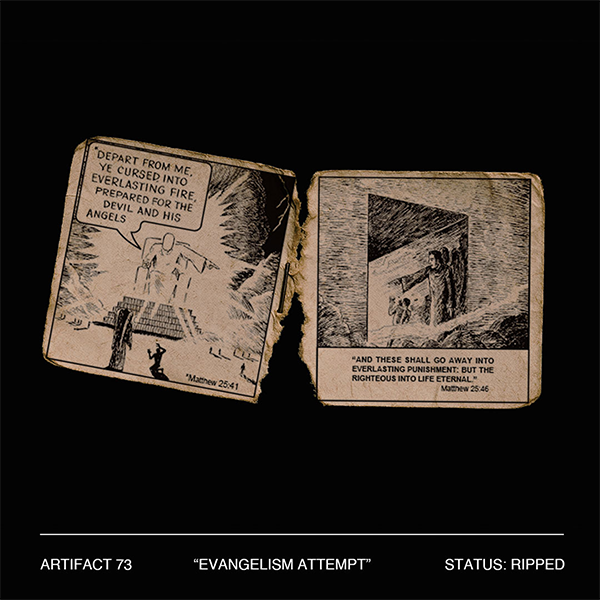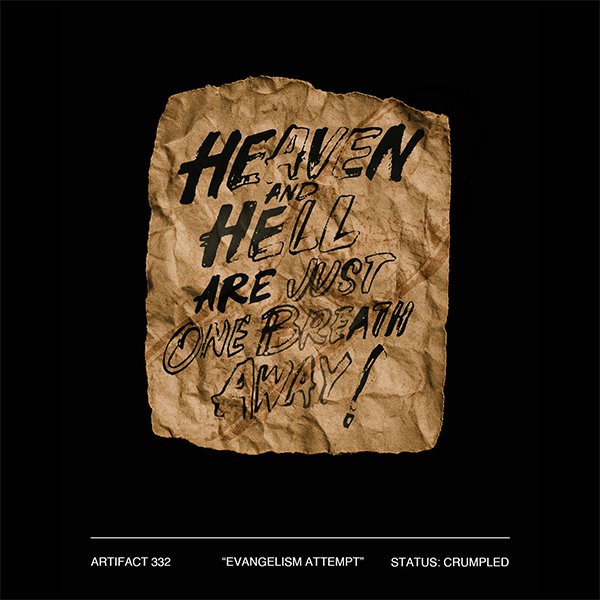Scot McKnight’s Kingdom Conspiracy – an Interview + Ongoing Review
We wanted to share a few articles that are joining the conversation around Scot McKnight’s new book, Kingdom Conspiracy: Returning to the Radical Mission of the Local Church. And if you are able to be in the Chicagoland area next month, check out the Kingdom Conspiracy event at Northern Seminary (info at the bottom)!
Scot McKnight was interviewed today over at The Nuance on Patheos. He talks about what Kingdom Conspiracy offers to progressive Christians, liberation theology, and missional thought:
Z: In Chapter 6 you lay down something of a gauntlet. You write, “Kingdom mission is church mission, church mission is kingdom mission, and there is no kingdom mission that is not church mission.” Whoa! What exactly do you mean by that axiom?
 Scot: Yep, that’s a big claim and it is precisely the thesis of the book: we don’t understand kingdom mission until we understand kingdom. My contention is that the word “kingdom” in the Bible – and in its historical context – entailed five elements, and each was necessary for there to be a kingdom at all: a king, a king who can rule by way of governing and redeeming his people, a people over whom the king rules (by governing and redeeming), a law that governs the people, and a land in which this people under this king dwells.
Scot: Yep, that’s a big claim and it is precisely the thesis of the book: we don’t understand kingdom mission until we understand kingdom. My contention is that the word “kingdom” in the Bible – and in its historical context – entailed five elements, and each was necessary for there to be a kingdom at all: a king, a king who can rule by way of governing and redeeming his people, a people over whom the king rules (by governing and redeeming), a law that governs the people, and a land in which this people under this king dwells.
That’s a kingdom: kingdom reduced to one (either the law/ethic or the redemption theme) destroys the complex network that makes up a kingdom. You aren’t an American if you choose as a Brazilian to follow the American Constitution as your law. You must live in our space and follow our laws in fellowship with other Americans under our … well, we don’t have a king so we aren’t a kingdom … but the analogy works.
A kingdom is a people living under a king and his will in his protected space.
Kingdom mission is now defined for us by the word kingdom: it means living under king Jesus with other king Jesus people who also follow king Jesus’ will in king Jesus’ space. (Save that issue of land and space for some other time, as it is not a crucial element to my book.)
Now to expand: to think we are doing kingdom mission in the public sector is to make America God’s kingdom or it is secularize kingdom to the point it is no longer under king Jesus or a redemptive reality of a redeemed people living in fellowship or, which is often the case I fear, that we have secularized the ethic of Jesus to the point it loses contact with his cruciform reality.
David Fitch is working through a review of Kingdom Conspiracy with Parts 1 and 2 now published. Check out his in-depth thoughts thus far, starting with Part 1:
In Scot McKnight’s latest book, Kingdom Conspiracy,he has an axe to grind. He’s doing some honest complaining. The way he sees it, the word “Kingdom” has become muddled. The phrase “Kingdom of God” has lost its moorings. It has come to mean many different things to different people within the Christian world. As a result, the word “Kingdom” has lost its impact. And McKnight thinks this word is too important to the Christian mission to get sloppy with. I think he has a righteous complaint.
So right off the bat he starts with a metaphor in which he explains the problem. He divides the two most dominant camps of understanding the Kingdom into the “Skinny Jeans Kingdom” people and the “Pleated Pants Kingdom people.” The Skinny Jeans people understand “Kingdom” to mean good deeds, done by good people (Christian or not) in the public sector for the common good. Kingdom reaches not only beyond the purview of Christians and the church, it really does not need Christians (as narrowly defined) or the church. Kingdom happens wherever justice may be found. That is God working. Let’s join in with that! This is the world of mainline Protestantism (over-generalization). It is also the world of many progressive Christians including evangelicals. McKnight asks these people, “did Jane Addams do Kingdom work?” The Skinny Jeans people would say “yes.” McKnight would say “No!”
And Part 2:
In Kingdom Conspiracy, Scot McKnight challenges Christians to get their stories straight … or should I say … their Story straight. Christians growing up in the West, under the tutelage of the protestant Reformation, have primarily read the Bible (and seen the world) through the CFRC story. The primary chapters of CRFC Story are Creation, Fall, Redemption and Consummation. We interpret all of life through these categories. McKnight suggests we look at another Story. He doesn’t suggest CFRC is false. It is just not the main story of the Bible. It is in essence a sub text to the much larger and more dominant story of God in the Bible, the story he names as ABA’.
For McKnight, The ABA Story goes like this: Plan A was Adam, Abraham and Samuel. Here God reveals that He will rule through a people but God will remain King. He will share His rule with Adam and Eve. They are created in his image and appointed as sub rulers to rule under God. Yet they fall from this task. They seek to rule not under God but in autonomy from God. You see Adam and Eve are usurpers. To end the mutiny, God kicks them out of the garden. He then chooses one man Abraham and makes a covenant (p. 32). There is no human king in this covenant because a human king is by definition is a usurper. But he shall work in and with (and among) this covenant people to reconcile the whole world to Himself.
But God’s people Israel prove to be more difficult than planned. They want a human king. So God makes a concession. Even though God warned against such a king, He gives them a human king anyway (1 Samuel 8). This was plan B and this king was was ideally going to be David, an Israelite king, who would rule under God in dependence upon God. But this too failed. The human propensity to usurp God and fall into abusive sin plays itself out again. The Israelite kings fail over and over again. Israel fails.
Hence comes plan A revised. The original plan A takes on new form. God sends the Son, in Jesus to fulfil this Kingdom. This is the Kingdom of God envisioned before Samuel’s fateful request and God’s concession and yet this new King will still come in the lineage of David. In Jesus, God is announcing that God is back in charge (p. 37). He rules and He invites us to join in that rule under Him. God has inaugurated the plan to restore the whole world to its ultimate fulfillment as the place of God’s rule and presence with His people. So in summary, parroting McKnight, Plan A Revised is still Plan A. God alone is King. Yet God is now ruling in King Jesus. Israel and Church live under rule of King Jesus as the harbinger of where the whole world is going. Forgiveness is granted thru Jesus. This rule will be completed in final Kingdom (p. 38).
Stay tuned for Part 3 at Dave’s blog.
Finally, a Kingdom Conspiracy event with Scot is coming to Northern Seminary on November 15th. Here are the details:
According to Scot McKnight, “kingdom” is the biblical term most misused by Christians today. It has taken on meanings that are completely at odds with what the Bible says. “Kingdom” has become a buzzword for both social justice and redemption so that it has lost its connection with Israel and with the church as a local church.
McKnight defines the biblical concept of kingdom, offering a thorough corrective and vision for the contemporary church. The most important articulation of kingdom was that of Jesus, who contended that the kingdom was in some sense present and in some sense in the future. The apostles talked less about the kingdom and more about the church. McKnight explains that kingdom mission is local church mission and that the present-day fetish with influencing society, culture, and politics distracts us from the mission of God: to build the local church. He also shows how kingdom theology helps to reshape the contemporary missional conversation.
Care To Invite Some Friends? Here’s A Flyer To Download.
Be Sure to Check Out the Facebook Event!
And don’t forget to pick up Scot’s book!



